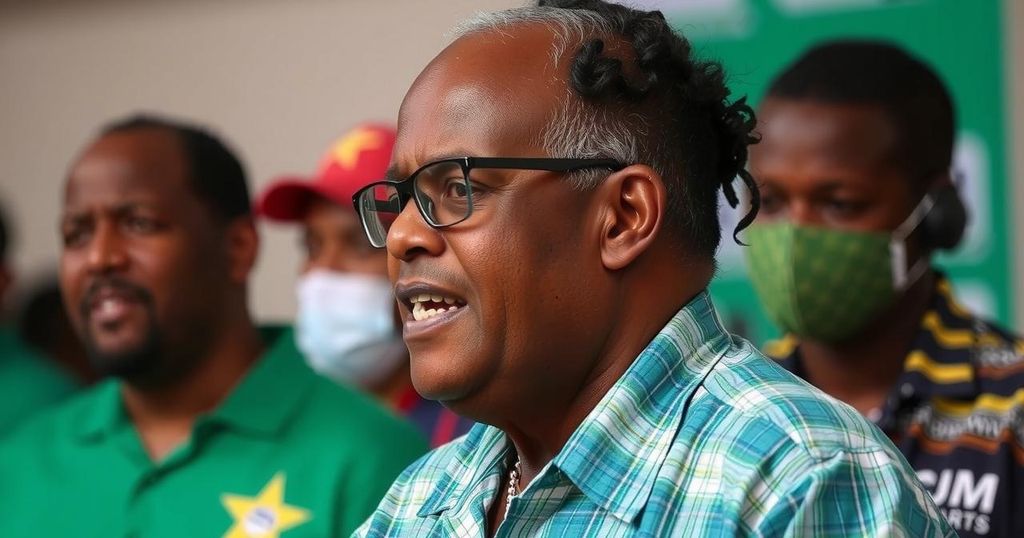Mozambique’s Court Confirms Election Results Amid Ongoing Protests

Mozambique’s highest court confirmed Frelimo party’s election win despite allegations of fraud, potentially inciting further protests. Daniel Chapo won 65.2% of votes, while opposition candidate Venâncio Mondlane secured 24.2%, leading to unrest that resulted in significant casualties. The political landscape is evolving as youth engage with discontent against historical power dynamics.
Mozambique’s highest court has officially affirmed the victory of the ruling Frelimo party in the October presidential election, a decision that may incite further demonstrations following extensive unrest attributed to allegations of vote rigging. Daniel Chapo secured 65.2% of the votes, a decrease from the election commission’s earlier report of 70.7%, but still surpassing the necessary 50% threshold for victory. Despite gaining traction among younger voters, opposition candidate Venâncio Mondlane garnered only 24.2% of the vote, leaving him far from a majority.
The constitutional council report acknowledged “discrepancies” encountered during the tallying of votes at the district level but refrained from elaborating on their causes. The report criticized the Podemos party for allegedly presenting “inflated” figures in their dispute against the election results. This political turmoil has been marred by violence, with human rights groups reporting at least 130 fatalities tied to protests. Although international observers noted signs of electoral manipulation, doubts remain regarding whether Mondlane received a fair electoral process.
Alongside ongoing political strife, Mozambique faces the devastating impact of Cyclone Chido, which struck on December 15, resulting in extensive loss of life and property, compounding the nation’s challenges. Preceding the court’s ruling, Mondlane instructed his followers to refrain from public demonstrations until Friday, warning of the potential chaos stemming from perceived electoral injustices. Following the court decision, visuals emerged of tires being set ablaze, a troubling sign of civil unrest in the capital, amidst a heavy state security presence.
Chapo, who is set to be inaugurated on January 15, addressed his supporters, emphasizing the necessity for electoral reforms and the importance of dialogue in fostering social cohesion. Analysts suggest that this political landscape is indicative of a shift towards a more dynamic political discourse, with weakened traditional party structures now being challenged by a new wave of politically engaged youth, driven by a charismatic opposition leader.
The political situation in Mozambique has been tumultuous following the October elections, marked by significant unrest and widespread protests against the ruling government’s legitimacy. Allegations of electoral fraud have intensified tensions, leading to violent confrontations between protesters and security forces. The circumstances around the election and subsequent claims of vote tampering have galvanized youth voters, highlighting a growing discontent within the socio-political landscape of Mozambique. Historical political dynamics in the country have created a backdrop for this emerging challenge to the ruling party, Frelimo, traditionally associated with strong state control and a lack of democratic engagement.
In summary, the confirmation of the Frelimo party’s electoral victory by Mozambique’s top court has the potential to further ignite protests, as allegations of electoral fraud remain pervasive among the populace. The subsequent unrest has resulted in violence and loss of life, underscoring the profound challenges facing the nation. With shrouded voting credibility and emerging youth-led movements seeking meaningful engagement, the political future of Mozambique hangs in a tenuous balance, demanding dialogue and reform to foster stability.
Original Source: www.theguardian.com







